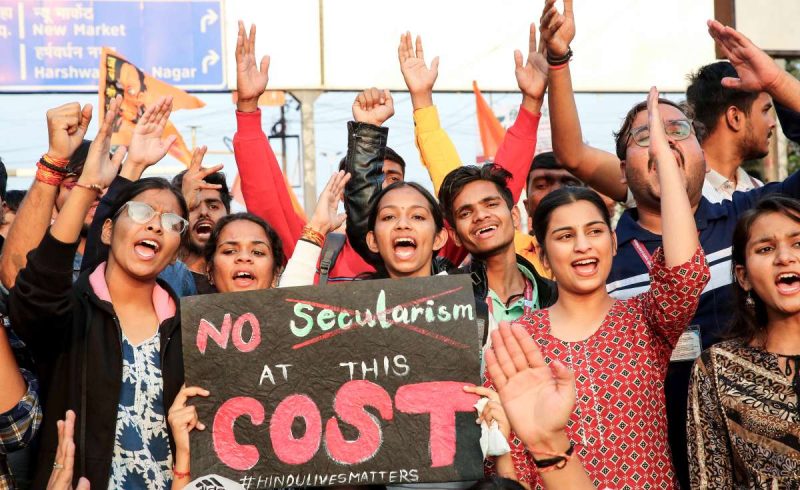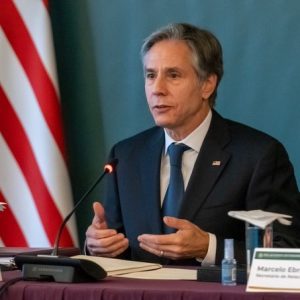Yunus met Noel Quinn, CEO of HSBC Global to discuss the bank’s increased involvement in energy, trade financing, and startups in Bangladesh…reports Asian Lite News
US Secretary of State Antony Blinken met with Bangladesh Chief Adviser Professor Muhammad Yunus in New York on Thursday. Their discussions focused on advancing long-term economic and political collaborations between the US and Bangladesh.
Sharing pictures of Blinken with Yunus on X, Bangladesh’s Ministry of Foreign Affairs wrote, “Chief Adviser Prof Muhammad Yunus and US State Department Secretary Antony Blinken had fruitful discussions on advancing Bangladesh-USA ties, deepen long-term economic-political engagements in shared interests.”
Yunus also met Noel Quinn, CEO of HSBC Global to discuss the bank’s increased involvement in energy, trade financing, and startups in Bangladesh.
Yunus also held a productive meeting with Noel Quinn, CEO of HSBC Global, to explore opportunities for enhanced collaboration in Bangladesh.
Sharing on X, Yunus wrote, “HSBC Global CEO Noel Quinn met with Bangladesh Chief Adviser Professor Muhammad Yunus in New York to discuss the bank’s increased involvement in energy, trade financing, and startups in Bangladesh.”
Earlier on Tuesday, Yunus called for the repatriation of Rohingyas amid the “deteriorating” security situation in Bangladesh during a high-level meeting.
During the high-level UN event in New York on the Rohingya crisis, Yunus highlighted the significant challenges that Bangladesh has been facing due to the presence of over 1.2 million displaced Rohingyas from Myanmar and pointed out that while Bangladesh has shown empathy in hosting the Rohingyas, the costs associated with this situation–social, economic, and environmental–are considerable. He emphasised that Bangladesh has reached its limits, adding that repatriation remains the only sustainable solution to the ongoing crisis.
Following Bangladesh’s fluid political situation with Sheikh Hasina tendering her resignation from her post in the wake of mounting protests on August 5, Nobel laureate Muhammad Yunus took charge of the interim government in the state. The protests were primarily led by students demanding an end to a quota system for government jobs.
A day after Sheikh Hasina resigned as Bangladesh’s PM and left the country, President Mohammed Shahabuddin announced the dissolution of the country’s parliament to make way for the formation of an interim administration.
Yunus was sworn in on August 8 as the head of an interim government after Sheikh Hasina fled the country and the parliament was dissolved.
This is Muhammad Yunus’s first visit to the United States as the head of the interim government. As per the Bangladesh Ministry of Foreign Affairs, Younus has a series of high-profile meetings lined up on the sidelines of the UNGA. The Bangaldesh chief advisor is set to address the general debate of the UNGA on September 27. (ANI)
ALSO READ: Rights activist raises concerns about atrocities in Balochistan














